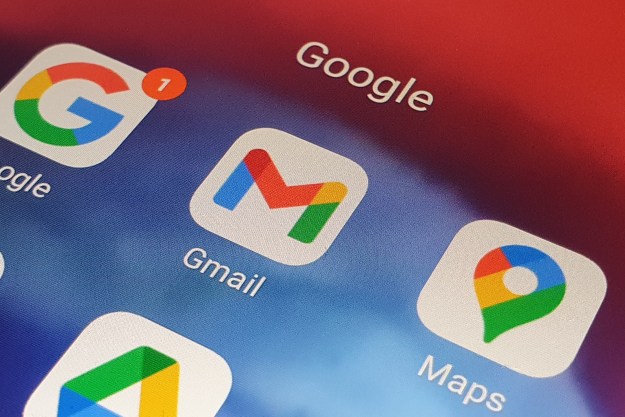
Sega will be removing a number of mobile games from various mobile app stores according to a blog post the company issued yesterday. The App Store, Google Play Store, Amazon App Store, and Samsung App Store will all be affected.
What Sega hasn’t said is what games it plans to remove. “It is important for us to ensure that all of our fans, regardless of platform or operating system, have a great playing experience and after evaluating our complete list of titles, we have determined that a number of them no longer meet our standards,” is all that the blog post offers.
“A number of titles in our mobile catalog date back to the earliest iterations of devices. Mobile gameplay along with technological advancements have given players high expectations for what they should expect,” the company said in a statement to Polygon.
Looking at the dates games first appeared in a given app store, as well as the dates they were updated, will likely give clue as to which games Sega plans to remove. Many of its older ports of Genesis games are marred by clunky on-screen controls among other issues.
Though the games will no longer be available for purchase, they will remain available to those who have already purchased them, at least for the time being.
“If you have already purchased a game that is being removed from the store you will be able to continue to play it after it’s been taken down,” Sega’s blog post reads. “It will remain in your purchased apps where you will be able to download it again if you delete it or acquire a new device until the game becomes incompatible with the latest phone operating systems or hardware.”
Editors' Recommendations
- Apple eases App Store restrictions to allow game-streaming apps
- The EU is preparing an App Store change that Apple won’t like
- Don’t listen to billionaires like Elon Musk — app stores are fantastic
- Updated Steam mobile app lets you download games from your phone
- Ads won’t ruin your iPhone’s App Store — they may actually improve it


